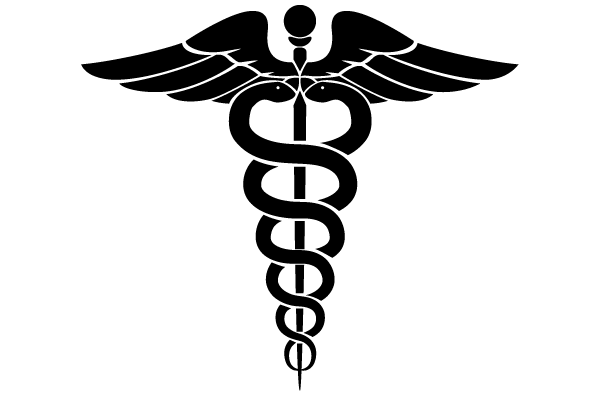There is a type of diabetes related to the functioning of the Kidneys (DI). It has some symptoms in common with Diabetes mellitus and a similarity in the name but is caused by a completely different mechanism that has nothing to do with insulin.
Diabetes insipidus as it is known, is caused by the failure of the body to produce a hormone that tells the kidneys to retain water; or the failure of the kidneys to correctly respond to the presence of that hormone. This hormone is called Vasopressin but is also known as Anti diuretic hormone or ADH. (A diuretic is anything that causes the production of urine). This hormone is anti-diuretic; it does the opposite, that is, it reduces the amount of urine produced. If ADH is lacking or the kidneys do not to respond to it, a large amount of very dilute urine is produced; this condition is known as polyuria. Polyuria (much urination) causes an increase in the concentration of sugar in the blood due to reduction in the amount of water. The reduction of the water in the body also causes an intense thirst that never seems to go away. The person will drink huge amounts of water, a condition known as polydipsia but may still be dehydrated.
They are two main types of the disease
Central Diabetes Insipidus
This is the name given to the disease when it is due to a lack of the hormone ADH. This lack may be due to damage to the glands that either produce or store Anti diuretic hormone (ADH). These glands, found in the brain, are called hypothalamus and pituitary. The hypothalamus produces the ADH and the pituitary stores it. If there is head injury, infection, loss of blood supply, surgery or tumor that affects either of these two glands then ADH may either not be produced or stored. In addition to damage due to trauma or disease to the hypothalamus and / or pituitary, this may also be a genetically inherited disorder.
Treatment is usually by using a synthetic hormone called desmopressin which may be injected, given as pill, or inhaled as a nasal spray. The nasal spray is also given to children to prevent bed wetting.
Nephrogenic Diabetes Insipidus
This is the term used to describe the condition if it is due to defect in the parts of the kidneys the
(nephrons) that filter out waste and return water to the blood. There are several possible causes of this disease:
- It may be an inherited disorder in which male children defective gene from their mothers
- It may also be due to the long term use of drugs such as lithium salts (mood altering drugs given to bipolar patients)
- Hypercalcemia (a condition in which the calcium level in the blood is above normal)
- Low levels of Potassium
- Polycystic Kidney disease (PKD); a disorder in which clusters of cysts develop in the kidneys. (Cysts are noncancerous round sacs filled with fluid. They enlarge the kidneys, reduce the efficiency of the filtration system, and may lead to kidney failure.)
There is no ‘treatment’ for this condition. Lifestyle modifications that help include ready access to large amounts of water and frequent bathroom breaks. If the condition was due to the intake of the lithium salts then changing the medication is necessary.
Diabetes insipidus is caused by the failure of the kidneys to conserve water as they filter the blood. This is due to the lack of, or unresponsive to a hormone called (vasopressin) ADH which tells the kidneys how much water to reabsorb.
Diabetes insipidus is not related to Diabetes mellitus.
Source by
Timothy S HarrisLike this:
Like Loading...
Related

